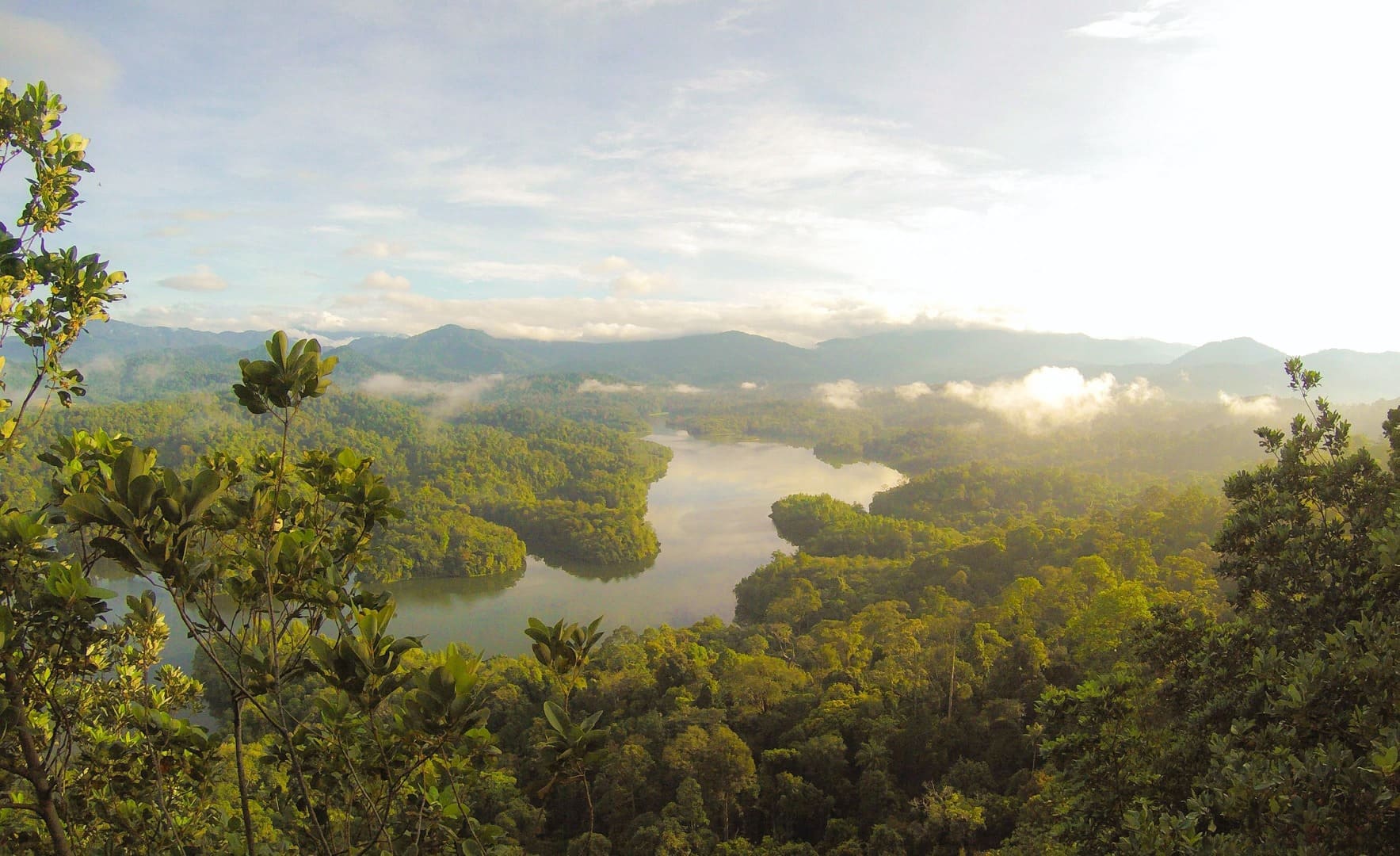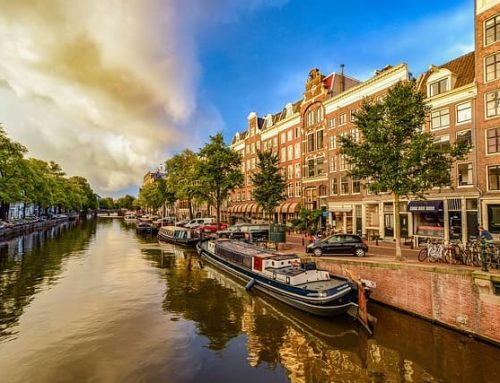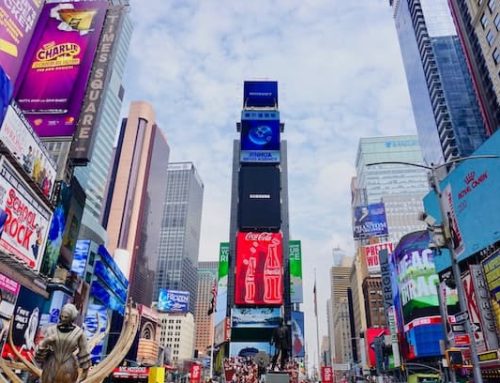In our discussion about sustainable global economic law last December, Matt Canfield asked us several questions to guide our conversation. We reproduce them to structure our contribution here, which we offer as a dialogue (trialogue, including Matt’s questions). Rather than assigning names, we distinguish our voices with underlining, italics, and unmodified typeface.
How do we define the “economy” or “value”?
Isabel: I do not work on the basis of a definition. But when I chose the law of money and natural resources as a research field this choice was motivated by the observation that this body of law is central to a social sphere aimed at the generation of surplus value, i.e. profit – a social sphere characterized by increasing inequality and quite unconcerned with destructive effects on its environment – human beings, other creatures and their relations.
I agree with Marxian views that see capitalist surplus value production as formative of society and with those who observe that this economic logic colonizes other societal spheres. I believe we all see this in our universities. We might want to produce value in the form of knowledge, yet our academia increasingly is drawn into regimes of monetary value production.
Thus I believe that research interested in social ecological transformation; which might entail a democratization of society, including “the economy,” labour, money – must engage with modes of value production.
Geoff: I would add only the complementary proposition, I think familiar enough, that the economy is an argument, or a framing device for an argument. Economic activity may be any activity for the conversion or exchange of resources, goods, things, etc. But ‘the economy’ is never the additive sum of all such activity. It is an abstraction that includes some of those economic activities and excludes others, privileging some relative to others, as policy. The abstract argument that is the economy then further functions as a heuristic to organize relations among the activities that fall within or without its frame (again, privileging some relations, suppressing others).
What legal practices, institutions, forms shape what is considered “economic”?
Isabel: I would like to reformulate: “make the economic”. In the field of resource extraction beyond national jurisdiction, it is very apparent that legal techniques are crucial, and how so: 1) for spatially expanding the economy into the deep sea, into outer space; 2) for shaping the mode of extraction – whether it is competitive or cooperative, whether it is aimed at generating a rate of return, i.e. profit; or at provisioning, i.e. meeting demands for certain raw materials and 3) for valuation not only of the mined minerals but also the seabed creatures and ecosystems harmed by mining.
To properly assess the extent to which the law co-constitutes this and other economies, we need to overcome disciplinary borders. If we only look to public international law, e.g., much of the legal infrastructure of money and finance that is crucial for “making the economy” escapes our sight.
Geoff: Yes. When an abstraction of ‘the economy’ is taken as primary, or defining, the understanding of what qualifies as ‘economic’ becomes determined by that framing device. The framing abstraction of the economy in the west has been joined to materially and historically unequal social relations, which have served as engines of extraction and accumulation, through the selective distinction of what qualifies for inclusion within the frame of the economy, as economic, and how.
We have been working on a project together with a lot of wonderful collaborators, to examine multiple legal-governmental technologies that privilege some values and arguably suppress others –privileging and suppressing people and groups as it does so – in each case through imbrication in economic regimes. Some of the examples in that project attend to international corporate tax policy, Law & Finance studies, the legal form of money and the legal form of the firm, dispute settlement practices, etc.
How should we think about sustainable economic law?
Geoff: I’ll be brief, and leave the substance to Isabel, and just say: We should think about it as a fight, all the way down, one which will produce new losers and winners.
Isabel: I see two important sites of struggle in which law and lawyers are involved:
One is the quest to contain or roll back the market; to deprivatize and resocialize spheres that have been colonized by a profit logic. In Germany it is currently most visible as concerns housing with the initiative to de-privatize and socialize real estate. A moratorium on seabed mining can also be understood as a roll back initiative
The other is aimed at — broadly speaking — collective self-organization of provisioning. I find promising in this respect transdisciplinary research on commoning. Research that builds on Eleanor Ostrom’s work on design principles in the collective governance of common goods but takes this research much further by asking about techniques or patterns to bring about commons – these need not be natural resources, but can be knowledge resources or urban commons – to cultivate commons and to protect them against recolonization.
<small>(Photo: <a href=”https://unsplash.com/photos/OWwK_0_EnxY”>Eutah Mizushima</a>)</small>




